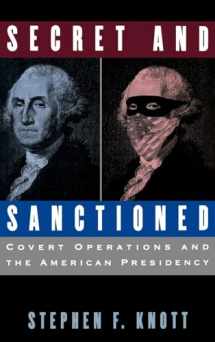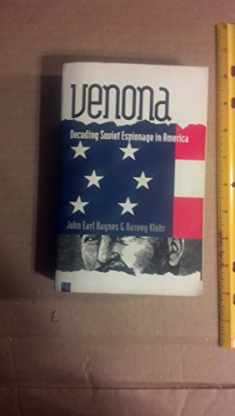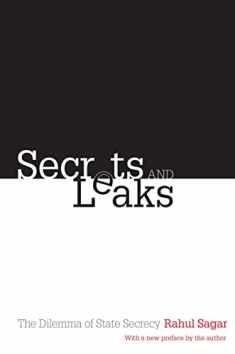
Secret and Sanctioned: Covert Operations and the American Presidency
Book details
Summary
Description
Today when we think of covert operations, we think of American-backed mercenaries circulating through jungle camps of Contra guerrillas, CIA agents plotting coups against governments in Chile and Libya, or the lethal cigars used in an attempt to assassinate Castro. In the public imagination, these kinds of operations--often seeming to go over the line, and always hidden from Congress and the American people--are a recent innovation, a rogue offspring of the Cold War, and perhaps even a violation of the democratic ideals on which this country was founded. But in this fascinating volume, Stephen F. Knott demonstrates that such covert operations have a long history in the United States, dating back to the Founding Fathers themselves.
In Secret and Sanctioned, Knott reveals that presidents have relied upon clandestine activities since the American Revolution. Indeed, many of the figures closely associated with American liberty were most active in carrying out covert operations. George Washington, for instance, was not only his own spymaster during the war of independence--corresponding with agents through letters written with invisible ink, creating fake businesses as cover for his spies, and misleading the British by planting false information--but he even went so far as to plan to kidnap King George III's son. Likewise, Thomas Jefferson once considered burning down Saint Paul's Cathedral in London and, as president, wielded clandestine agents freely, whether against North American Indians or North African Barbary states. (At one point, Jefferson plotted to overthrow the Pasha of Tripoli by backing the man's estranged brother, then abandoned the brother when the Pasha sued for peace.) Knott goes on to survey the continuing tradition of clandestine activities in later administrations, from Polk to Lincoln and beyond. Their operations have a familiar ring, from covert support for disaffected elements in Mexico in 1846, to planting stories in newspapers to demoralize the South and influence foreign opinion during the Civil War, to the coordination of a coup in Hawaii to ensure annexation of the islands. And far from taking Congress or the people into his confidence, the chief executive has always jealously guarded his covert weapons from the prying eyes of Senators and Representatives, seeing such activities as a necessary tool of statecraft and a constitutional expression of executive power.
In the years following the Watergate scandal, Congress launched a series of investigations into covert operations that led many Americans to conclude that we had wandered far from the example of our Founding Fathers. In Secret and Sanctioned, Knott sets the record straight, showing that the clandestine activities of the postwar era did not mark a break in the American political tradition, nor a departure from our political principles, but followed in a direct line from the understanding of executive power held by Washington and Jefferson and many other American presidents.


We would LOVE it if you could help us and other readers by reviewing the book
Book review





